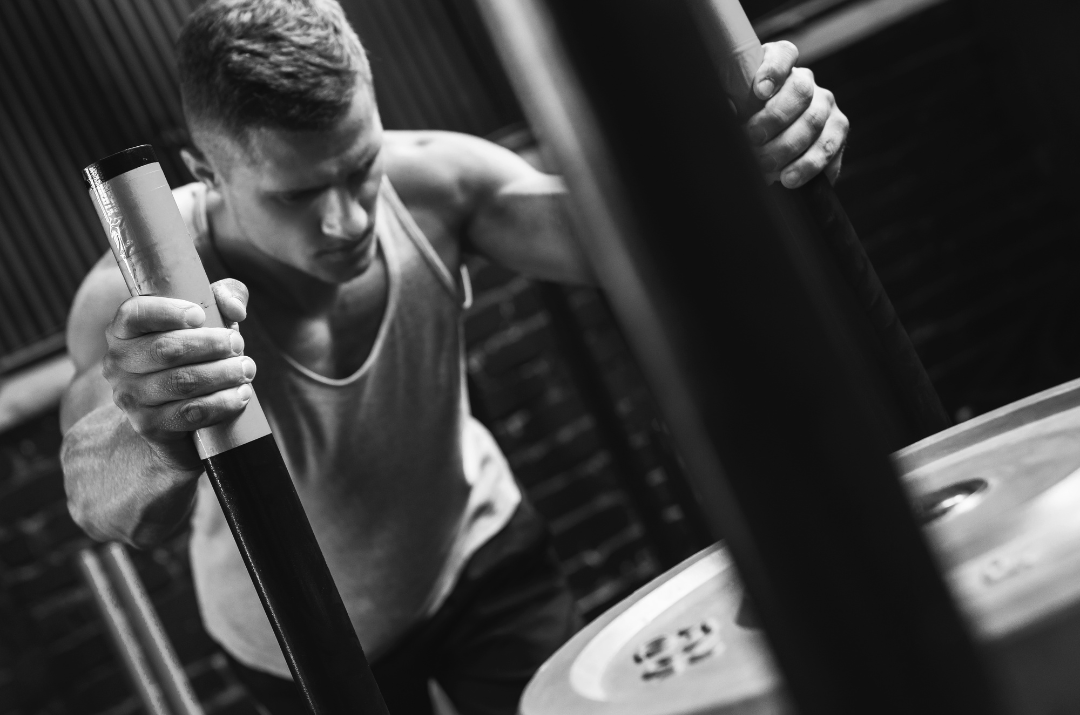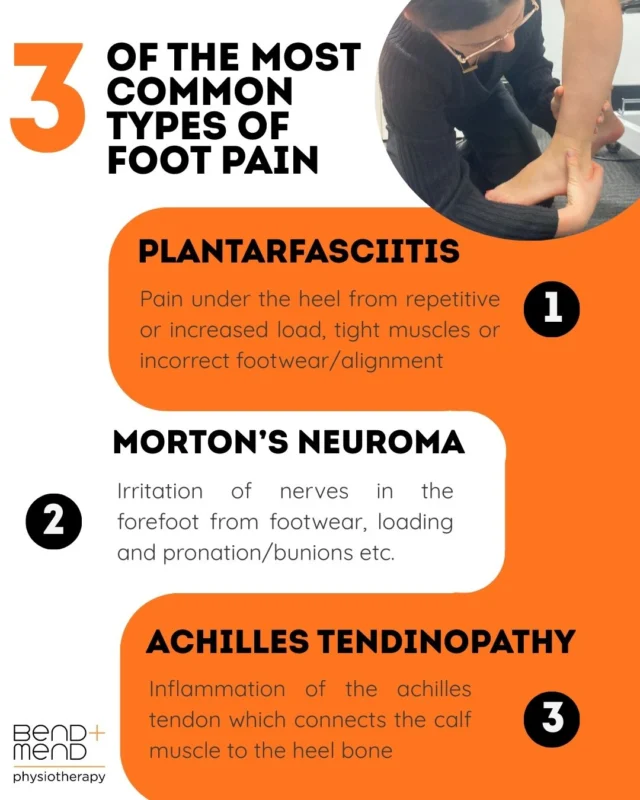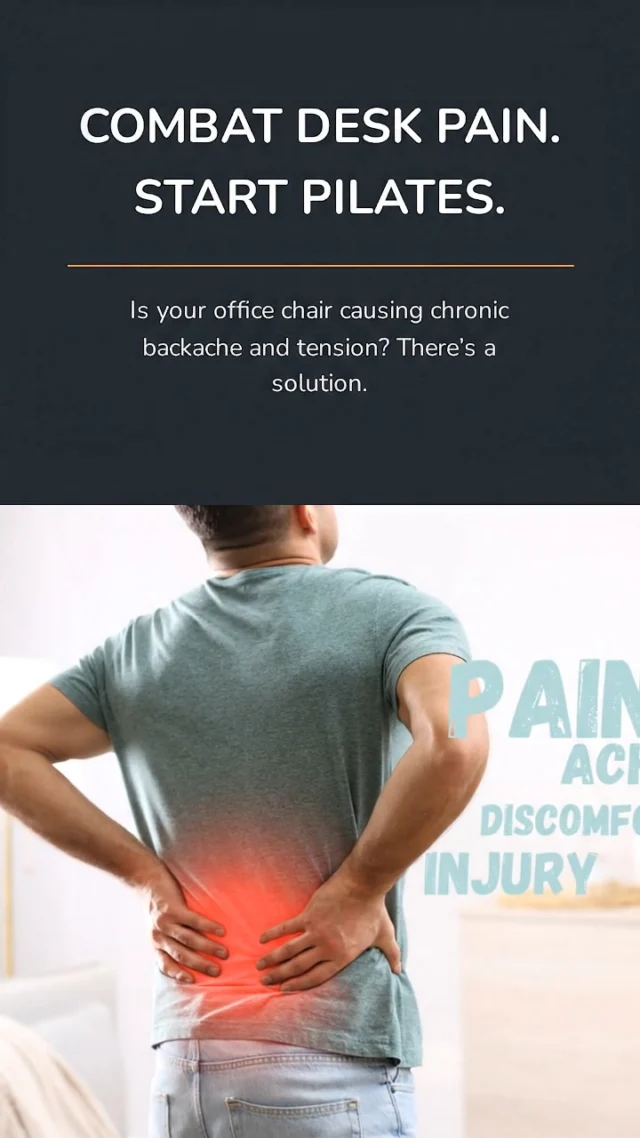Cuboid syndrome is an often misdiagnosed and mistreated source of lateral (outside) mid foot pain. It is believed to arise due to disruption to the normal movement of the calcaneocuboid joint. Depending on what you read some refer to the cuboid bone ‘subluxing’ or moving out of its normal position. Cuboid syndrome has been documented under various terms including cuboid fault syndrome, dropped cuboid, subluxed cuboid, locked cuboid and peroneal cuboid syndrome. Cuboid syndrome accounts for approximately 4% of all foot injuries and is present in approximately 7% of lateral ankle sprains.
What causes cuboid syndrome?
There are two proposed mechanisms of injury:
- Plantarflexion and inversion injury: This is what most people would know as a standard lateral ankle sprain. Your peroneus longus tendon exerts a force on the cuboid causing displacement or subluxation
- Overuse syndrome: It has been suggested that repeated micro trauma can cause the cuboid to sublux, e.g. activities or sports that involve a lot of jumping, change of direction and sprinting.
Risk factors
- obesity/over weight
- Midtarsal instability
- Pronated feet
- Poor fitting shoes/orthotics
- Training on uneven surfaces
- Exercise (intensity, duration, frequency)
- Ankle or foot sprain
Clinical presentation
- Diffuse pain along the lateral side of your foot, pain may radiate throughout the foot
- Pain with weight bearing especially hopping
- Tenderness on palpation of the lateral foot
- Redness and swelling
- Weakness and pain on ankle and foot strength testing
- Decreased range of motion of the foot/ankle
- Antalgic gait eg limping
Treatment
After appropriately diagnosed by your Physiotherapist they may prescribe the following:
- Rest Ice Compression Elevation if you present with an acute injury
- Taping
- Orthosis
- Manipulation: There are two specific manipulations for a subluxed cuboid so make sure to check that you are seeing a titled sport/musculoskeletal physiotherapist to appropriately administer these techniques
- Strengthening, range of motion and stability exercises
If you think you may be suffering from cuboid syndrome don’t hesitate to give us a call here at Bend + Mend to book in with one of our experienced Sports Musculoskeletal Physiotherapists.





